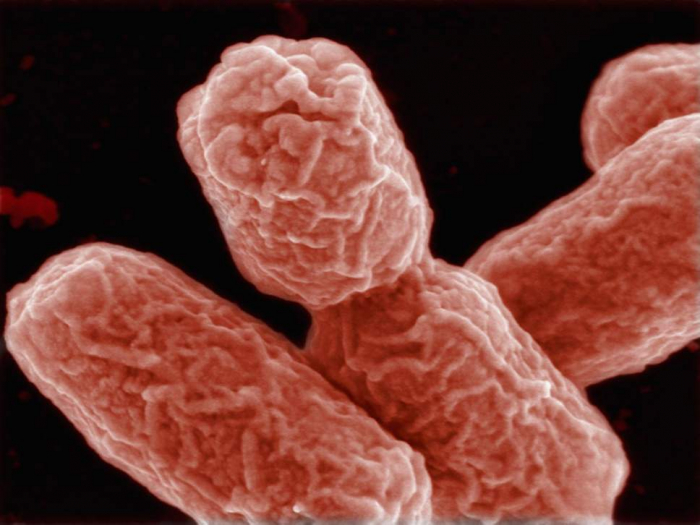US researchers have revealed the drug “cefiderocol” outperformed current antibiotics during trials in older patients with severe urinary or kidney infections.
This comes after the UK health service warned of a 35 per cent rise patients treated for infections resistant to one or more antibiotics, and that medicine would be “pushed back to the dark ages” without new strategies to combat this increase.
Antibiotic-resistant infections kill at least 25,000 people a year in Europe, and a review in 2014 warned the global toll by 2050 will rise to 10 million deaths. However only a handful of new antibiotics have been successfully brought to market in the last few years, and of these the majority rely on existing ways of killing bacteria meaning species may already be resistant.
While the new antibiotic has yet to complete a final round of trials, its new approach could make it a potent weapon to have in reserve when all other options fail.
“Cefiderocol acts as a Trojan horse,” said Dr Simon Portsmouth from drug company Shionogi Inc who led the research published in the journal Lancet Infectious Disease.
“The drug uses a novel mechanism of cell entry that takes advantage of the bacteria’s need for iron to survive.”
One of the ways our bodies respond to infection is to create a low-iron environment, hampering the bacteria’s ability to multiply.
Bacteria species like E.coli respond by hoovering up all the iron they can find, and scientists have exploited this with cefiderocol. The drug binds on to iron and is fast tracked past its defences into the heart of the cell where it can disrupt the cell wall and destroy the bacterium.
The drug outperformed current treatment options in trials with 448 adults, and Dr Portsmouth added: “Cefiderocol was found to be both safe and tolerable in a population of older patients who were very ill with complex... conditions and a wide range of multidrug-resistant [bacterial infections].”
Critically, the majority of the patients tested were infected with E. coli, klebsiella and other bacteria from a group of superbugs known as gram negatives – which are inherently resistant to many first choice drugs.
This group is increasingly able to withstand treatment with even our current last resort drugs, a group known as the carbapenems, and it remains to be seen if cefiderocol works where these fail.
“Antibiotic resistance is one of the greatest global health challenges we face,” said Professor Serge Mostowy from London School of Hygiene & Tropical Medicine, who was not involved with this study.
“Infections from enterobacteria, such as pathogenic E. coli, are becoming harder and harder to treat.
“This important study offers hope for a new antibiotic that could potentially be an alternative to treating them, but we are not there yet.”
The Independent
More about: health
















































